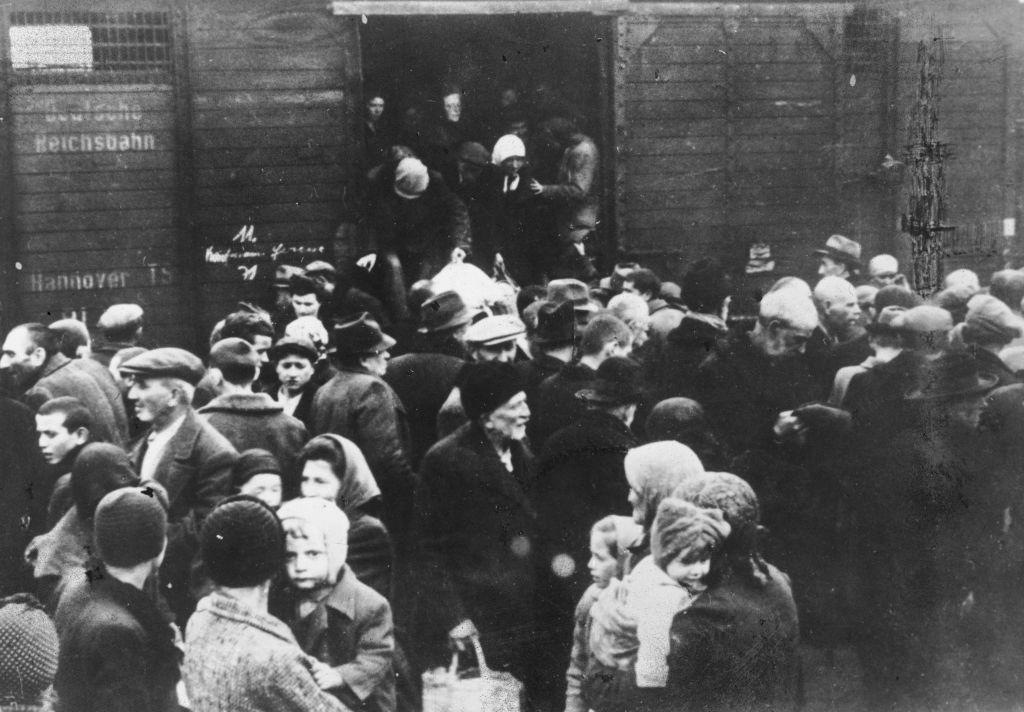When Linda Broenniman was in her late 20s, the godmother to her oldest sister accidentally revealed that their father, who had emigrated along with their mother from Hungary to the United States in the years following World War II, was Jewish. Ms. Broenniman attempted several times to find out more about her father’s hidden past and the family’s European background, but he flatly refused to revisit that time of his life.
In 2006, Ms. Broenniman was astonished when the Israeli government declared her mother Righteous Among the Nations, an honor bestowed on non-Jews who had risked their lives to rescue Jews during the Holocaust.






